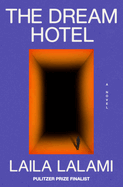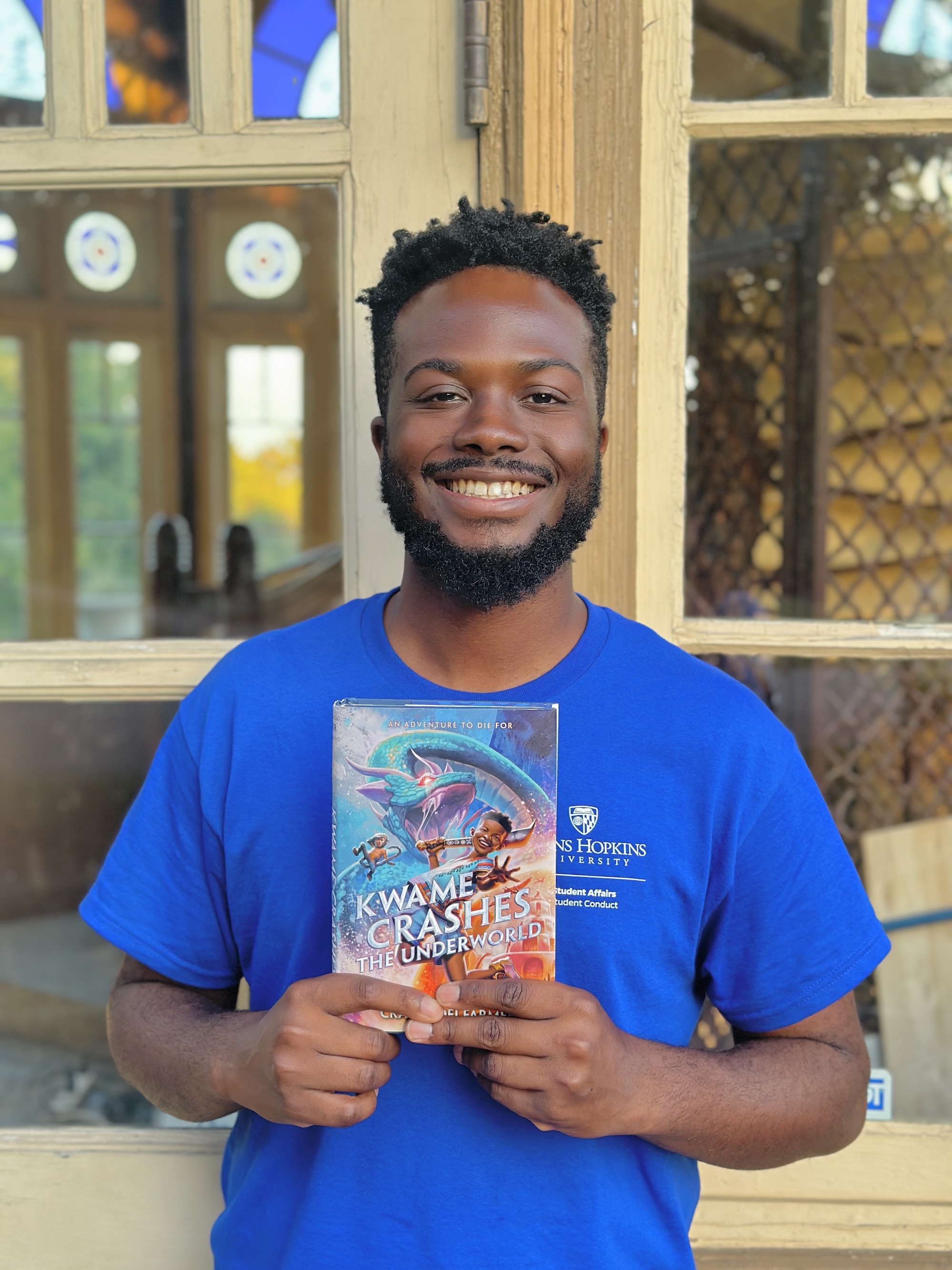 |
Craig Kofi Farmer
(photo: Alexandra Johnson) |
Craig Kofi Farmer works in higher education administration, helping students achieve work-life balance and self-actualization. When he's not writing, he's analyzing superhero movies, watching psychological thrillers, and deciding exactly what he's going to eat that day. Last week, he won the Coretta Scott King/John Steptoe New Talent Award for his debut novel, the middle-grade fantasy Kwame Crashes the Underworld (Roaring Book Press).
Kwame Crashes the Underworld has certainly received a fair amount of praise, but it's another thing entirely to be awarded for your debut. How are you feeling?
It feels surreal to be nominated for an award, even more surreal to actually win that award, and the most surreal for that award to be the Coretta Scott King/John Steptoe Award. I already felt blessed that Kwame received such a warm welcome into the school-library space, but I never imagined that this award would be part of my debut experience.
What is your elevator pitch for this book?
This book is about a kid named Kwame, who falls into the Ghanaian underworld and meets the ancestral spirit of his late grandmother--except she looks like a kid, for some reason. Kwame, his best friend, and his grandmother journey through the underworld while Kwame goes through his own journey of grief--culminating in him finding a deep power only found in his acceptance of his grief.
And what was your inspiration for this book? Why did you want to tell this story, now, for this age group?
When I was growing up, I loved the Percy Jackson novels. I loved the characters, the mythology, and the "voice" of those stories. I remember that I used to wait a whole year for each sequel, only to devour the new release in one night. But I also remember loving those characters so much that I wanted to look like them. It wasn't just Percy Jackson, either; a lot of my literary heroes didn't look like me. That really affected my self-image, for a long time.
When I got the chance to write an original story, I knew that I wanted to create the kind of story that would make me--and other kids like me--feel seen and represented. I also wanted to make sure that the story was funny, engaging, fast-paced, and emotional, which were qualities that are embedded in the DNA of my favorite stories. I hope that Kwame will help young readers of today reflect on their relationship with their culture, their family, and their emotions--all assets that will make them stronger in this time of suppression and erasure.
Could you tell readers a bit about your connection with Ghana? Do you visit often? Are there places you love in particular?
My mother's side of the family is from Ghana, so I learned a lot about Ghanaian culture and values growing up. Funnily enough, I look exactly like my mother, so I present as Ghanaian to certain groups as well. I remember one story from my master's program: we had a cultural exchange class where my graduate cohort did some think-tank exercises alongside Ghanaian graduate students. I remember seeing those Ghanaian students light up when they saw me, and I remember them telling me to "come home." Ghana has always had a special place in my heart.
I'm particularly connected to the town of Saltpond, which was where my grandparents were from. My Grandma Florence was a Queen Mother in Saltpond, which basically means that she served as a leader in that community. Even to this day, there are so many people who remember her, honor her, and commemorate all that she's done. I haven't been to Ghana yet, but I would love to go soon--I told myself that if this book gets published, I'd have to go.
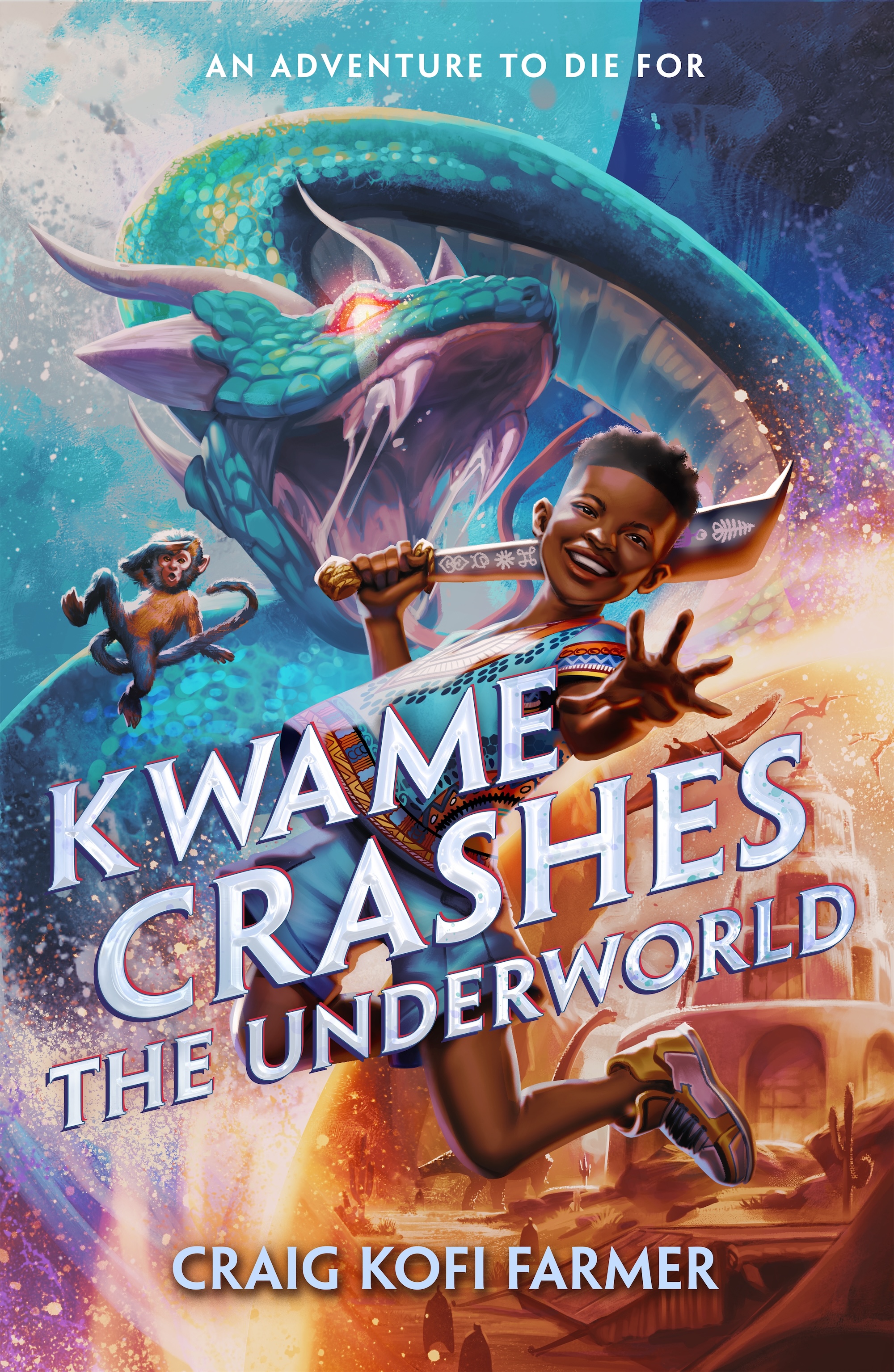 This book opens with an awesome map. I love a good map. Were you, as a fantasy writer, extremely excited to have a map? What was the process of creating it like?
This book opens with an awesome map. I love a good map. Were you, as a fantasy writer, extremely excited to have a map? What was the process of creating it like?
You know what? I spent so much time writing this story with a mental map that I didn't even think much about the possibility of having a tangible map. Once my publisher reached out and let me know that they were interested in exploring a map of this world, I found myself getting excited about all the possibilities. Shout out to Serena Malyon for the beautiful map; it's truly amazing!
The novel has such a charming voice--your protagonist, Kwame, is funny and direct and silly and sweet. How did you find that voice? And how did you develop the character of Kwame?
I love Kwame! As a character, Kwame is a composite of me, my brother, my friends, my cousins, and other Ghanaian people I grew up around. Kwame gets his sarcasm, humor, advocacy, insecurities, and loyalty from all those sources. But he is a fiction/fantasy enthusiast like me, so it was fun to put a "fan" in a fantasy adventure and watch his thought pattern unfold. I had so much fun watching Kwame recognize the tropes of fantasy adventures and having him either play directly into them (much to his chagrin) or call them out (with varying results).
I will say, it's always a particularly emotional experience whenever a kid points at the book cover and asks me, "Is that you?" No, Kwame is not me, but he and I would have been close friends if he existed at my middle school.
You describe Kwame's grandma as getting really into the stories she told, standing on furniture and putting on silly voices. Is she based on a real person or persons? Did you grow up hearing stories like hers?
Ironically, in real life, it was the other way around. I remember regaling my grandmother with stories from elementary and middle school, and her listening patiently as I bounced from one tangent to another. I remember trying to make her laugh with my stories, so I would embellish a detail here or a conversation there, just to get a smile or a chuckle from her.
I have so many older loved ones in my life now, and they have so many stories tucked away in their pocket, ready for use at a moment's notice. Like Kwame, Ama is a composite of my grandmother and a lot of the other parents and grandparents that I know.
How did it feel bringing the Ghanian underworld to life? What kind of research did you do for it? How much did you invent?
It was so fulfilling to put my own spin on the Ghanaian underworld. Asamando is a realm with so much history and meaning, so I knew the subject needed to be approached with respect, reverence, and understanding. What does Asamando mean to the Ghanaian community? What does Asamando represent? I used both anecdotal sources and scholarly resources to study Ghanaian mythology, before diving into writing.
Once I had a grasp on the core of Asamando--and the spirituality of it--I allowed myself some license to play around with the peripheral features. Asamando gives its residents an endless celebration of life, where their spirits can live in community and connection with each other. That's textbook Asamando. But my version of Asamando also has a movie theater, where they can keep up with pop culture by watching movies whose theatrical run expired or "died."
Asamando brings people in community with gods and nature spirits--again, textbook Asamando. But my version of Asamando also has TED Talks, where deceased presenters give talks on how to successfully transition from life to the afterlife. This juxtaposition creates a commercialized (but hopefully still somewhat faithful) version of a very abstract concept, which means that kids can both have fun in the world and learn about Ghanaian mythology at the same time.
Who do you hope reads this book? What do you want them to take from it?
I think this book can be for everyone. This book holds some representation for readers with roots that lie in Ghana and other African nations. This book can also hold meaning for people with immigrant families, spotlighting those who feel torn between their family's culture and American society. This book features a character who's hard-of-hearing, but who has her own arc that doesn't involve her hearing loss as something to "overcome."
This book also features a story of a boy learning how to accept his emotions, which could resonate with those looking for a deeper character study. This story is palatable to those just looking for a fun fantasy adventure full of chaos and quips. Maybe this book wouldn't be the best for a reader looking for an adult spy novel set in 1940s France--but then again, Kwame does need to do some sneaking around/spying on people from time to time.
For anyone that does read this story, I hope that they walk away feeling at least a little more comfortable accepting and celebrating themselves.
Is there anything else you'd like to say to Shelf Awareness readers?
THANK YOU for all you do! We're in a time where stories are being increasingly challenged, but the relationship between a bookseller and their audience is love and community in one of its purest forms. Thank you all for working to maintain the integrity of that craft, even in these times. --Siân Gaetano, children's/YA editor, Shelf Awareness
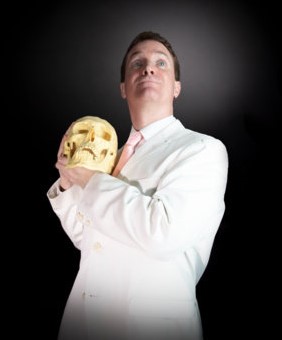 "I've had indie bookstore owners do health checks on my mother during the pandemic, and I've seen indie bookstore owners start fundraisers for victims of natural disasters. But what I've seen them do more than anything is thrive. Right now, I feel like indie bookstores are finally being treated like truly vital members of their community. The fact that you can also go to them and pick up your latest dose of smutty vampire romance just makes them that much better."
"I've had indie bookstore owners do health checks on my mother during the pandemic, and I've seen indie bookstore owners start fundraisers for victims of natural disasters. But what I've seen them do more than anything is thrive. Right now, I feel like indie bookstores are finally being treated like truly vital members of their community. The fact that you can also go to them and pick up your latest dose of smutty vampire romance just makes them that much better."


SHELFAWARENESS.1222.S1.BESTADSWEBINAR.gif)


SHELFAWARENESS.1222.T1.BESTADSWEBINAR.gif)
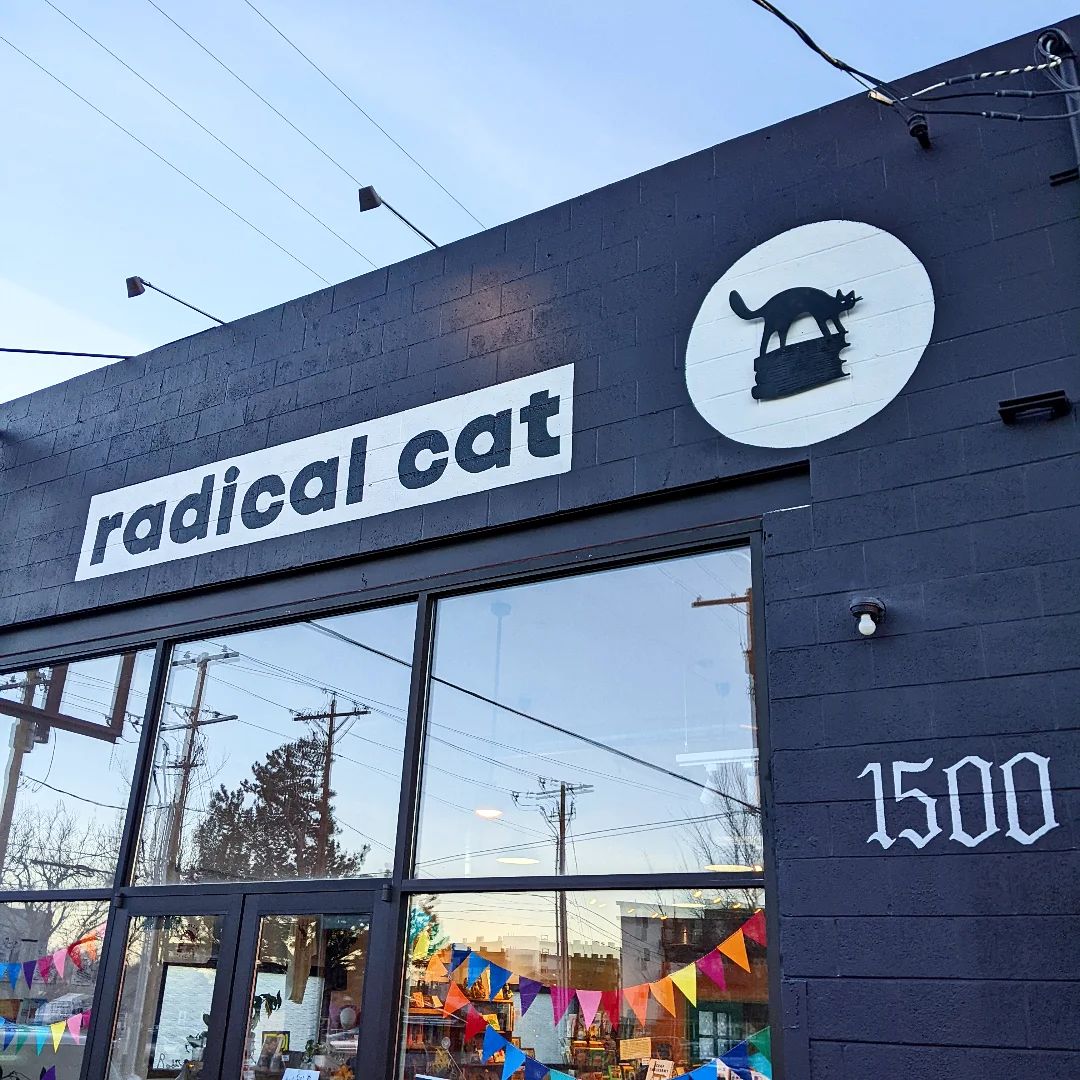 The new space, at 1500 S. Virginia St., is in a freestanding building that was once a tattoo parlor. It is larger than the bookstore's previous location, and Radical Cat co-owner Ilya Arbatman told the Sagebrush that the move came about suddenly due to a dispute with the store's previous landlord.
The new space, at 1500 S. Virginia St., is in a freestanding building that was once a tattoo parlor. It is larger than the bookstore's previous location, and Radical Cat co-owner Ilya Arbatman told the Sagebrush that the move came about suddenly due to a dispute with the store's previous landlord.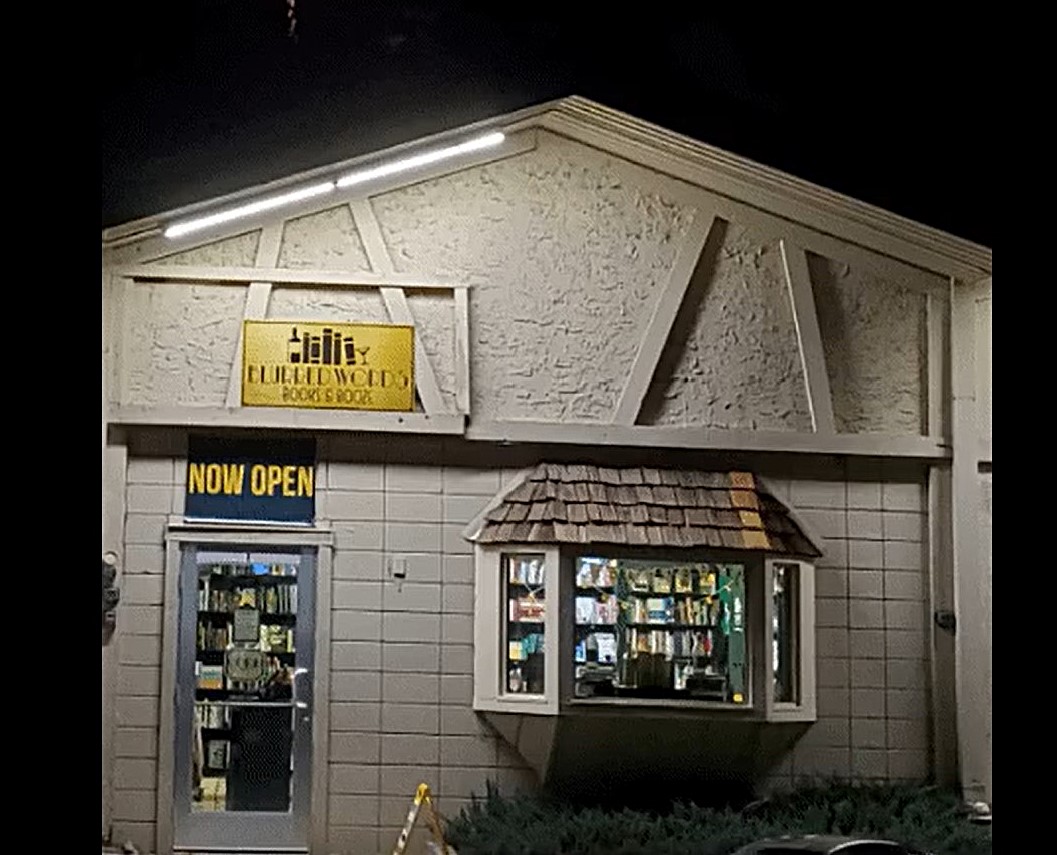
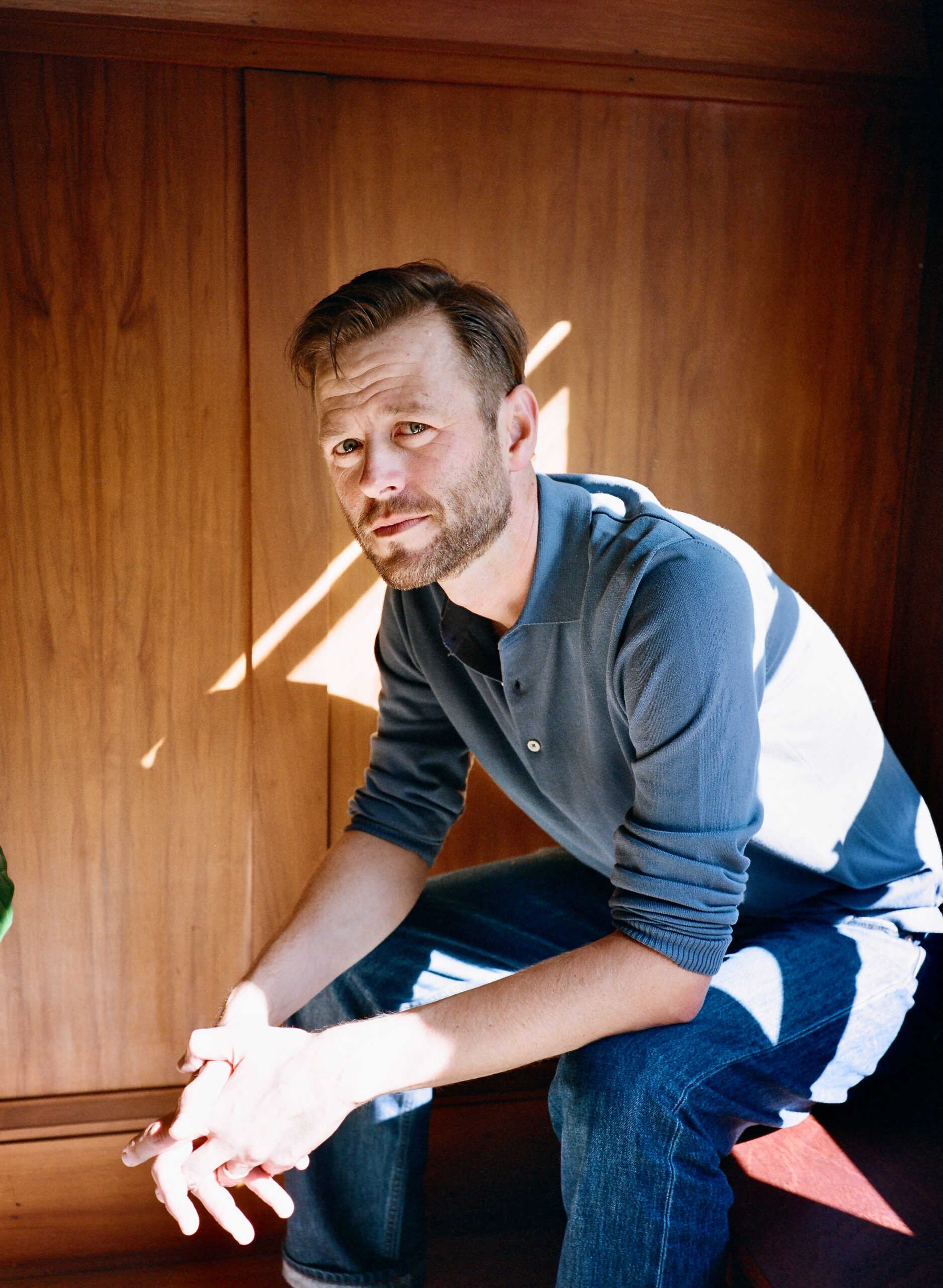

 Congratulations to
Congratulations to 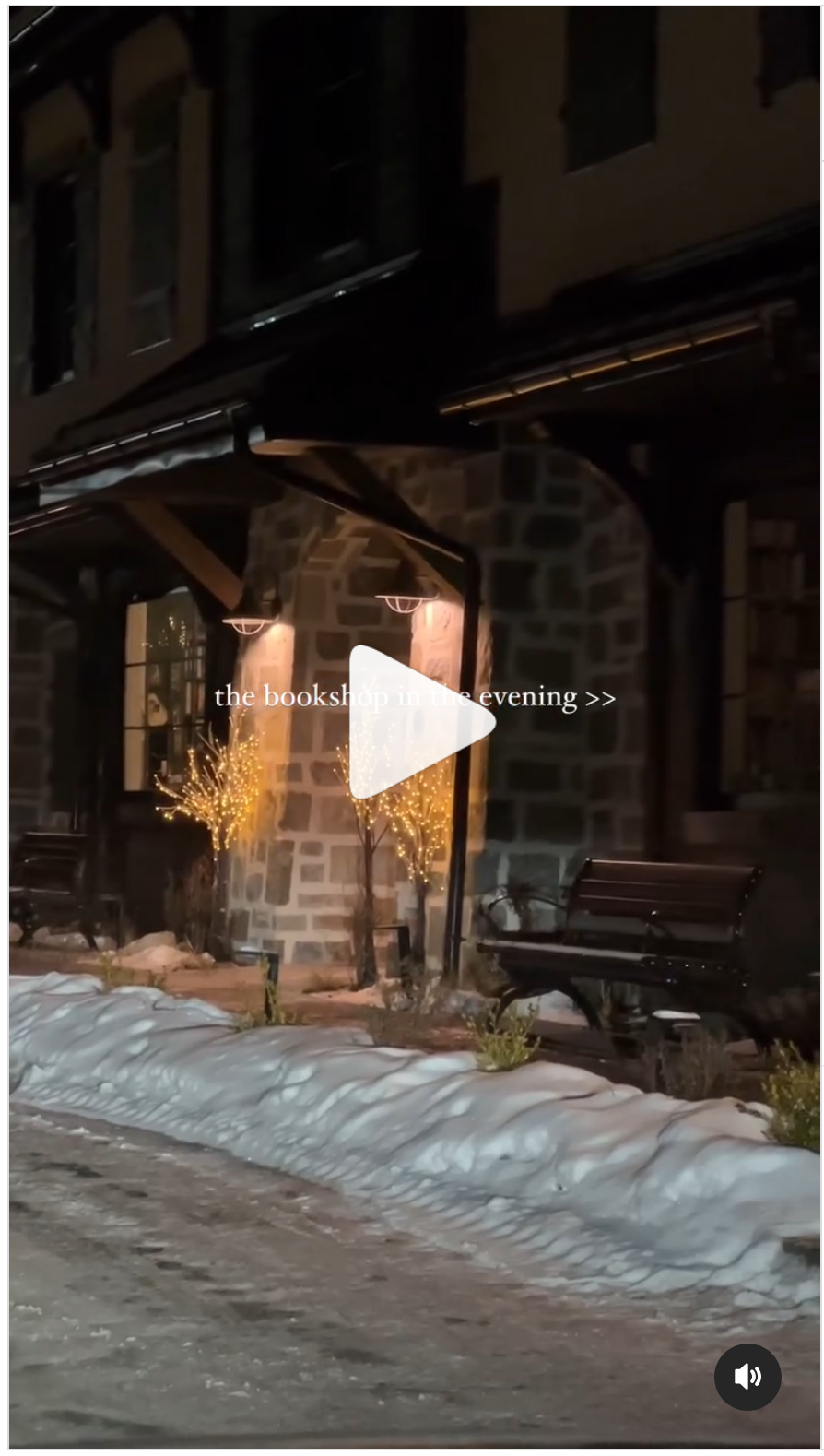
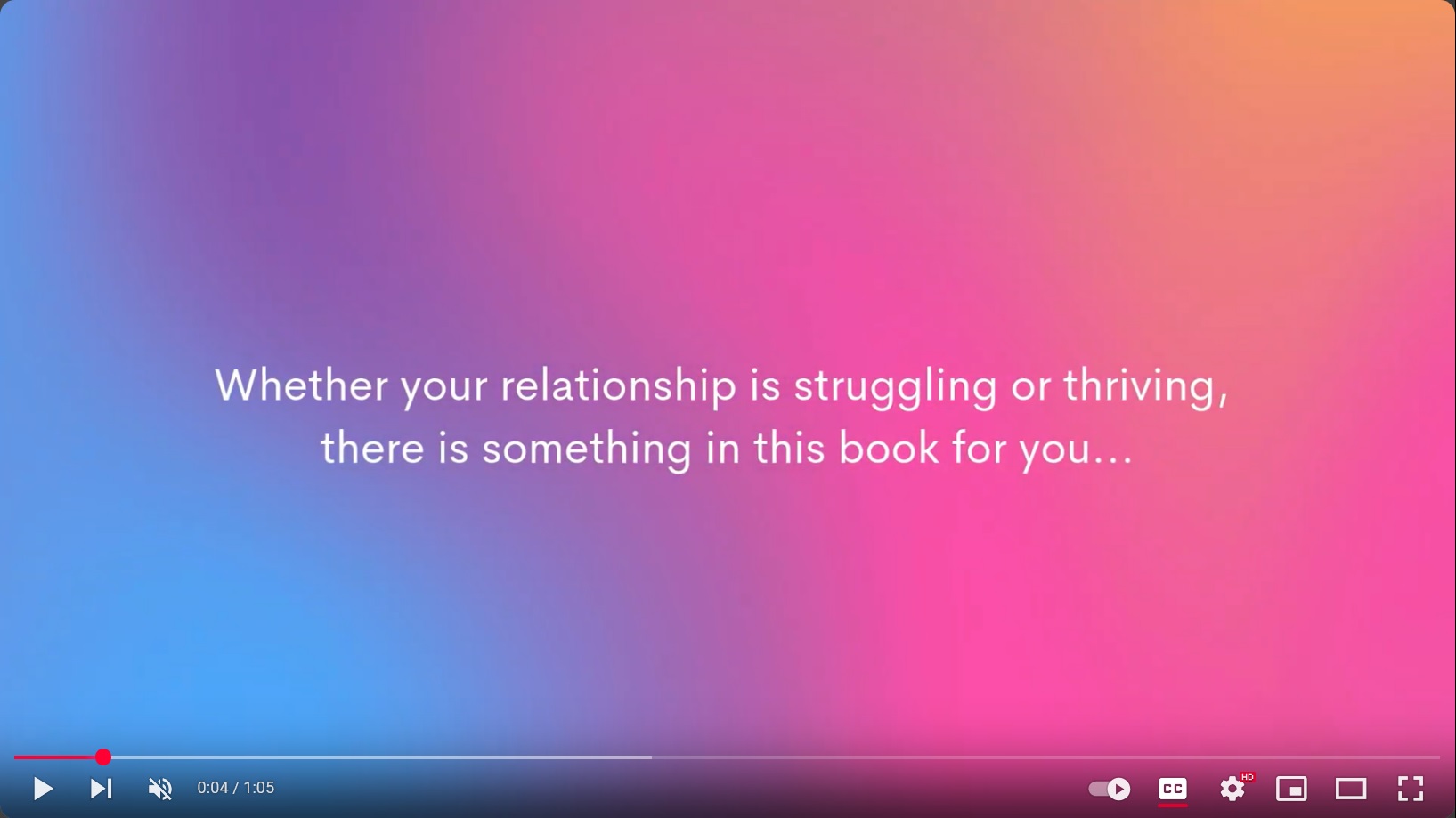 The Mindful Path to Intimacy: Cultivating a Deeper Connection with Your Partner
The Mindful Path to Intimacy: Cultivating a Deeper Connection with Your Partner
 This book opens with an awesome map. I love a good map. Were you, as a fantasy writer, extremely excited to have a map? What was the process of creating it like?
This book opens with an awesome map. I love a good map. Were you, as a fantasy writer, extremely excited to have a map? What was the process of creating it like? 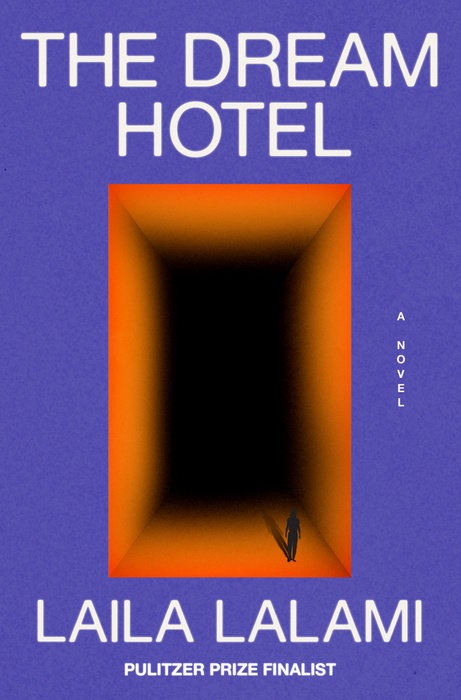 An archivist with the Getty Museum in Los Angeles becomes ensnared in a dubious government surveillance program in Laila Lalami's The Dream Hotel. Set several decades in the future, Lalami's bracingly resonant drama strikes at the very heart of the consumer privacy debate and the freedoms people forfeit to data-hungry conglomerates when we use their products.
An archivist with the Getty Museum in Los Angeles becomes ensnared in a dubious government surveillance program in Laila Lalami's The Dream Hotel. Set several decades in the future, Lalami's bracingly resonant drama strikes at the very heart of the consumer privacy debate and the freedoms people forfeit to data-hungry conglomerates when we use their products.